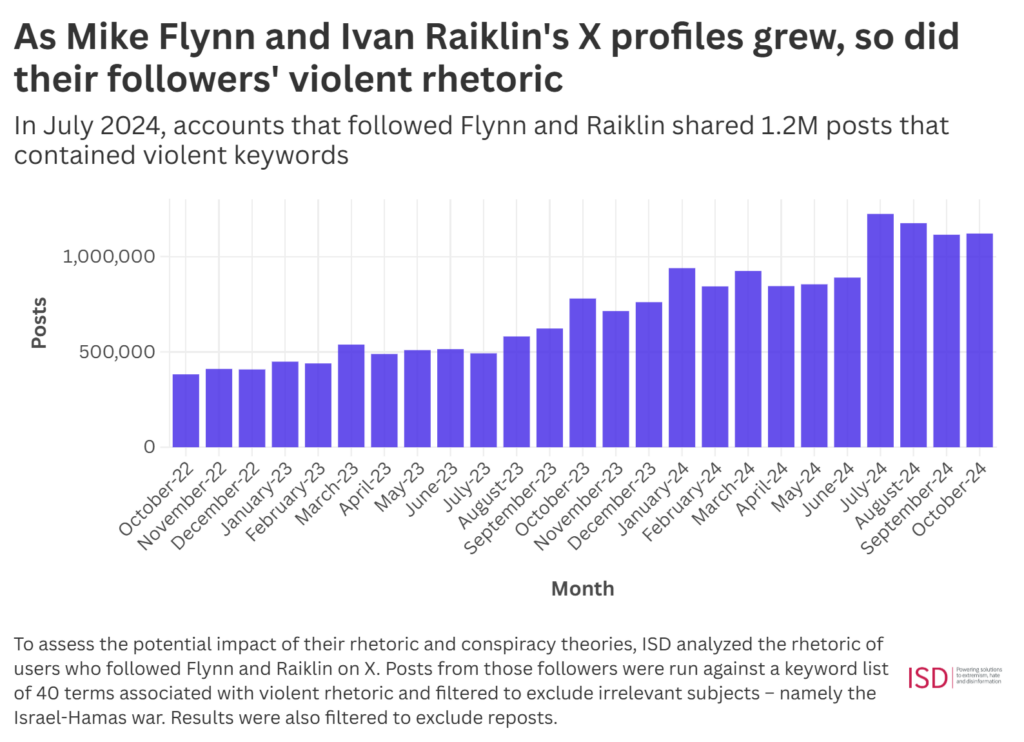
Noblesse Oblige Is Dead: Today’s Wealthy Elite Just Don’t Give a Damn
We need a cultural shift that views wealth not just as privilege, but as a duty to uplift society—reviving the forgotten principle of noblesse oblige...hartmannreport.com



Noblesse Oblige Is Dead: Today’s Wealthy Elite Just Don’t Give a Damn
We need a cultural shift that views wealth not just as privilege, but as a duty to uplift society—reviving the forgotten principle of noblesse oblige...hartmannreport.com










"Money is speech" and "corporations are people, too" (except when it comes to doing time over criminal prosecutions, of course).
Who Needs Democracy? Inside America's Billionaires' Brazen Attempt at Fascism - Part 1
America is the only developed country in the world that’s allowed an unaccountable, unelected Supreme Court to hand its political system over to its richest citizens…hartmannreport.com



The Trump Campaign’s Ties to Russia Were No Hoax
No amount of disinformation can hide the truth about why Russian President Vladimir Putin wants to help Donald Trump win again in 2024.theintercept.com
